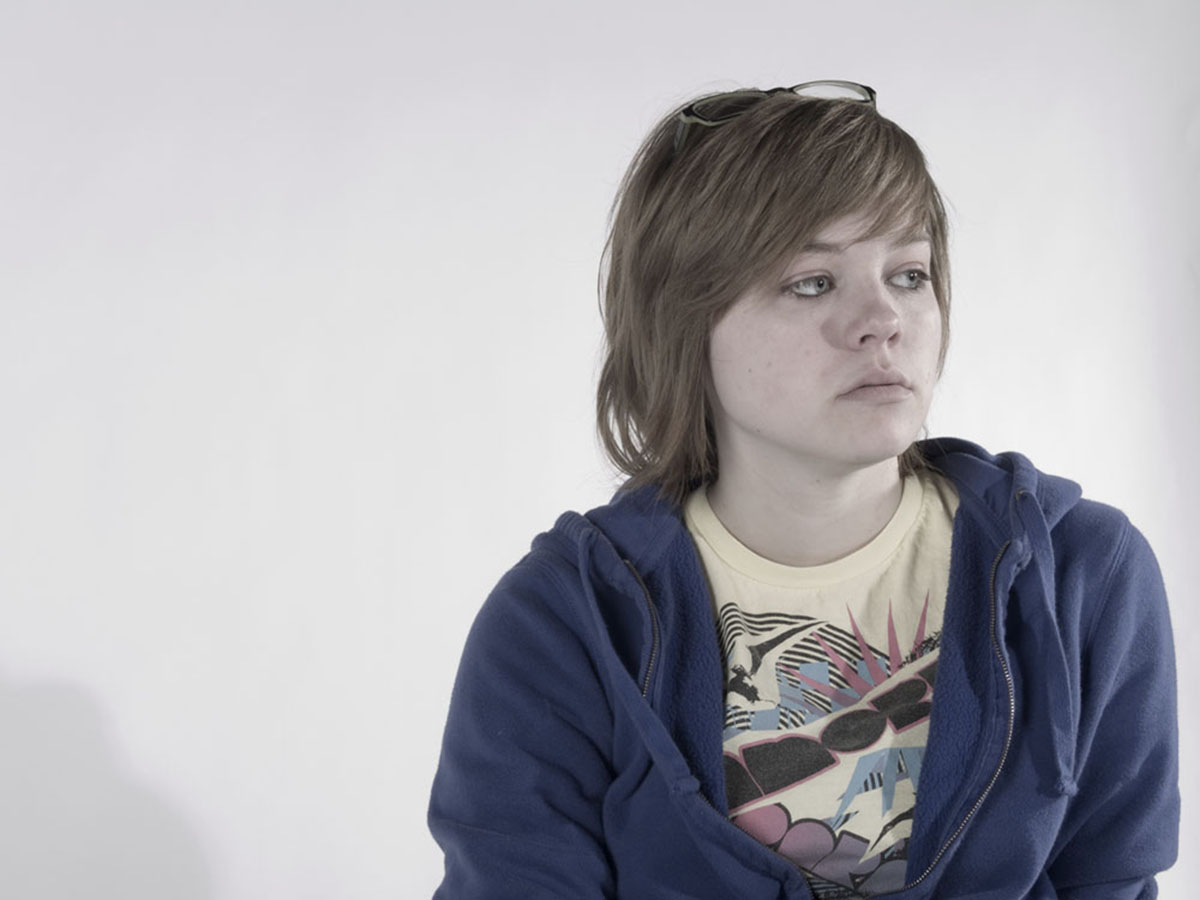Table of Contents
To treat depression it is first important for an individual or his family, friends or healthcare giver to recognize the signs and symptoms of depression. Symptoms of depression include:

-
Persistent sadness or feelings of emptiness
-
Feelings of hopelessness
-
Feelings of guilt, anxiety, worry and helplessness
-
Restlessness and irritability
-
Constant feeling of tiredness
-
Problems with concentration, memory and decision-making
-
Changes in eating habits (either loss of appetite or overeating)
-
Trouble sleeping
-
Thought of dying or self-harm
-
Persistent headaches, body aches, and gastrointestinal symptoms that do not get better with treatment
Sometimes people dismiss these symptoms and assume that an individual will soon get over it when things get better. However, delaying diagnosis and treatment may lead to serious health consequences, including heart disease. Other people who have trouble coping with depression turn to substance abuse or even self-harm or suicide because they did not get immediate help.
It is also important to seek help when you have trouble getting help from family or friends and you feel withdrawn and isolated. If you have thoughts of suicide, call your doctor or a 24-hour suicide hotline immediately.
Treatments for Depression
Self-Help
People can sometimes bring themselves to cope with depressive moods by doing some self-help methods daily. These include:
-
Getting dressed daily.
-
Going out for a walk or doing other forms of exercise regularly.
-
Practicing relaxation techniques like yoga and meditation
-
Setting realistic goals and practicing stress management techniques.
-
Engaging in social activities or pursuing a hobby.
-
Sharing feeling with family, friends or religious members of the community.
-
Getting enough rest and sleep.
-
Eating a well balanced diet and avoiding overeating.
-
Attending community support groups.
-
Avoiding smoking, alcohol and drug abuse.
If these self-help methods do not improve your symptoms, seek professional help for proper diagnosis and treatment.
Psychotherapy
Your primary care physician can help you contact a mental health professional who can give proper diagnosis and treatment for depression. For mild to moderate depression psychotherapy or “talk therapy” can help reduce depressive symptoms.
There are different forms of psychotherapy and these may be done one-on-one with a trained therapist or may be done with the family or a group of individuals. These may include behavioral therapy, which focuses on learning new behaviors to modify unhealthy patterns of behavior. It may also use cognitive therapy, which emphasizes on modifying dysfunctional thinking processes that lead to unhealthy behaviors and emotions.
See Also: What depression does to a person?
Medications
For severe depression, self-help and psychotherapy may not be enough to treat one's symptoms. In addition to these treatments, physicians may need to prescribe antidepressants to help restore balance in the chemical environment in the brain. Neurotransmitters are brain chemicals that are involved in regulating mood. These chemicals include serotonin, norepinephrine, and dopamine. Imbalances in these neurotransmitters may be improved by taking certain antidepressants, such as:
-
Selective serotonin reuptake inhibitors (SSRIs) - examples: fluoxetine (Prozac), escitalopram (Lexapro), sertraline (Zoloft), paroxetine (Paxil)
-
Serotonin and norepinephrine reuptake inhibitors (SNRIs) - examples: duloxetine (Cymbalta) and venlafaxine (Effexor)
-
Bupropion (Wellbutrin)
-
Tricyclics antidepressants
-
Monoamine oxidase inhibitors (MAOIs)
These medications usually need four to six weeks of intake before significant improvements occur. They must also be taken as directed and must not be stopped when one feels better without a doctor's advice.
- Medpage Today. Treat Depression to Prevent CVD? http://www.medpagetoday.com/Cardiology/Prevention/44183
- Brunner EJ, Shipley MJ, Britton AR, et al. Depressive disorder, coronary heart disease, and stroke: dose-response and reverse causation effects in the Whitehall II cohort study. Eur J Prev Cardiol. 2014. http://cpr.sagepub.com/content/21/3/340
- J. C. Stewart, A. J. Perkins, C. M. Callahan. Effect of Collaborative Care for Depression on Risk of Cardiovascular Events: Data From the IMPACT Randomized Controlled Trial. Psychosomatic Medicine, 2013
- 76. http://www.psychosomaticmedicine.org/content/76/1/29.abstract?sid=75e7f5ee-c390-4635-bc7b-07a17f1b1c38
- NIH. Depression. http://www.nimh.nih.gov/health/publications/depression/index.shtml#pub6
- Mindmap by steadyhealth.com
- Photo courtesy of Johanna Hardell by Flickr : www.flickr.com/photos/34328559@N03/3255592441
- www.medpagetoday.com
- cpr.sagepub.com
- www.psychosomaticmedicine.org
- www.nimh.nih.gov/health


Your thoughts on this